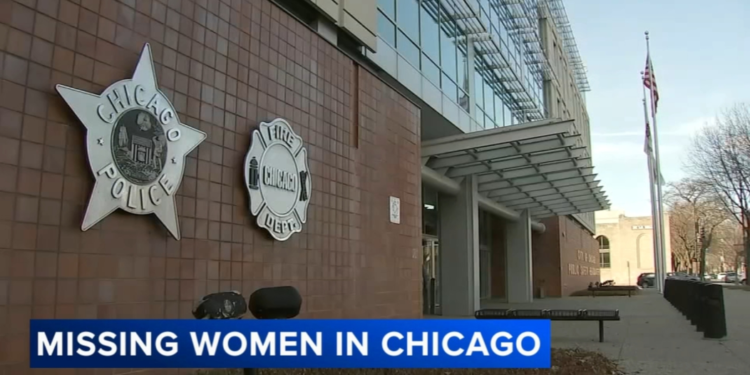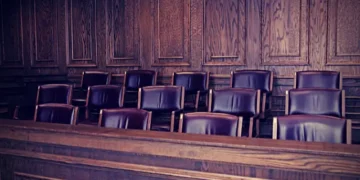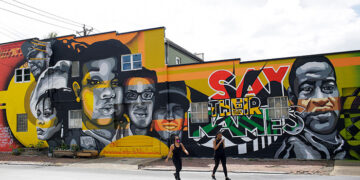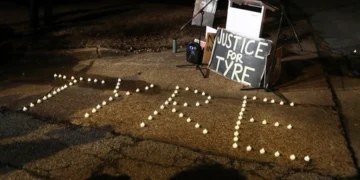Nov 18, 2024 Story by: Editor
Bridgette Rouse visited Chicago City Hall for the first time on Wednesday to address the City Council’s Committee on Public Safety about the troubling issue of missing Black women and girls. Rouse’s older sister, Sonya Rouse, disappeared in March 2017 at the age of 50.
“My sister deserved better than what she got from the Chicago Police Department and the lead detective,” Rouse shared with the committee. “From the very beginning, my mother reported my sister missing, her case was grossly mishandled, lacking due diligence, compassion, and follow-through. As the days rolled into years, and as I stand here before you today, I stand with trauma and pain that is unmeasurable. There is not an hour, a day, a week, that I am not cradling my mother’s tears.”
Rouse was among several individuals who testified during the four-hour hearing. Their collective message was clear: despite years of media focus, many within Chicago’s Black community feel that police and city officials are not doing enough to address the cases of missing Black women and girls.
Rouse expressed dismay at the lack of action by police, highlighting the contrast given her husband’s role as a Chicago police officer. “I’ve come to understand that missing Black women cases, predominantly in Black districts, are handled without the same due diligence as white women in predominantly white areas. I understand the cruelty of racism carried out for decades by the city, as well as the department,” Rouse said. “Accountability is desperately needed in the city and within the department to ensure there will not be any further Black missing women.”
Alderman Jeanette Taylor (20th), who called for the hearing, underscored the frustration of Black families seeking police assistance. “There’s never a real urgency,” Taylor said. “Too often, we’re asked to do the work of what police and detectives should be doing. That is a problem.”
During the session, Jarrod Smith, commander of the Chicago Police Department’s detective bureau, faced pointed questions about the department’s handling of missing persons cases. He informed the committee about efforts to improve investigations, such as hiring additional analysts and advocates.
Alderman Stephanie Coleman (16th) highlighted the broader issue of human trafficking and the disproportionate impact on Black women. “Our young women, our daughters, our nieces, our children make up almost half of the human trafficking that’s happening right here in the city of Chicago,” Coleman said. “We as Black women, we suffer in silence, and the days of suffering in silence when acts of violence have been committed on us are no more. That’s why today is happening. The days of silence are no more.” Source: Chicago Sun-Times
















